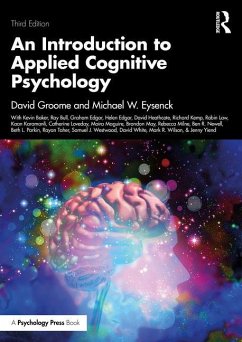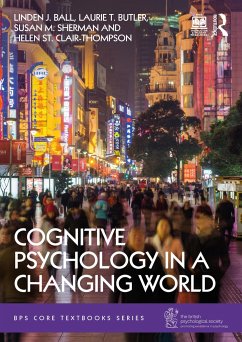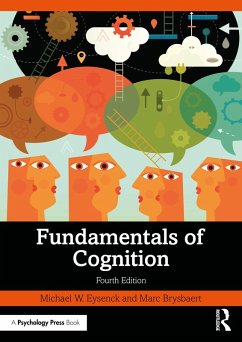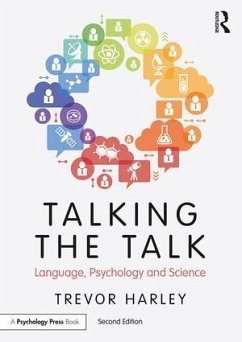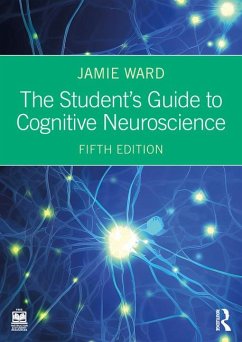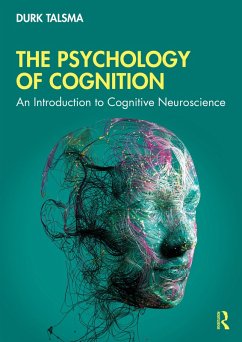Nicht lieferbar

An Introduction to Applied Cognitive Psychology
Versandkostenfrei!
Nicht lieferbar
Weitere Ausgaben:




2nd edition.
David Groome was formerly Principal Lecturer and Senior Academic in Psychology at the University of Westminster, where he worked from 1970 to 2011. He retired from teaching in August 2011 but continues to carry out research and write books. His research interests include cognition and memory, and their relationship with clinical disorders. He has published a number of research papers on these topics, and is the co-author of six previous textbooks. Michael W. Eysenck is Professorial Fellow at Roehampton University and Emeritus Professor and Honorary Fellow at Royal Holloway, University of London. He is especially interested in cognitive psychology and most of his research focuses on the role of cognitive factors in anxiety within normal and clinical populations. He has published nearly 50 books and about 160 book chapters and journal articles.
Produktdetails
- Verlag: Taylor & Francis Ltd
- 2 ed
- Seitenzahl: 410
- Erscheinungstermin: 23. März 2016
- Englisch
- Abmessung: 244mm x 164mm x 20mm
- Gewicht: 1018g
- ISBN-13: 9781138840133
- ISBN-10: 1138840130
- Artikelnr.: 43030762
Herstellerkennzeichnung
Libri GmbH
Europaallee 1
36244 Bad Hersfeld
gpsr@libri.de
Für dieses Produkt wurde noch keine Bewertung abgegeben. Wir würden uns sehr freuen, wenn du die erste Bewertung schreibst!
Eine Bewertung schreiben
Eine Bewertung schreiben
Andere Kunden interessierten sich für




